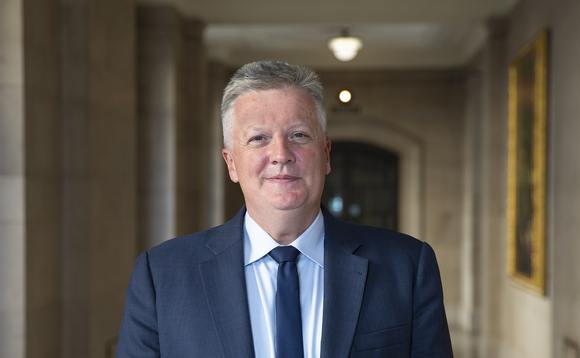The Bank of England's chief economist Huw Pill has said the central bank's interest rate hikes have started to have an effect on inflation.
Speaking at an online briefing on Friday (4 August), Pill said "monetary tightening […] is working", with headline inflation beginning to drop thanks to lower food and energy prices, according to a report by the Financial Times.
Following the BoE's latest interest rate increase on 3 August by 25bps to 5.25%, the chief economist argued tighter monetary policy has started to curb the risks of more persistent inflation becoming embedded in the UK economy.
He added higher employment and lower job vacancies will lead to lower wage growth, although the BoE's Monetary Policy Committee still held the view that pay is rising too quickly to complement the 2% inflation target.
Commenting on the central bank's latest forecasts, Pill said the Bank has become "more data dependent".
"We are emphasising that there is no pre-determined path for interest rates, but rather we are responding as the economy and the data evolve," he said.
UK inflation dropped to 7.9% in July, but despite monetary tightening starting to impact the rate, these levels are still significantly higher than in the US and eurozone.
Last week's rate hike marked the 14th consecutive increase since December 2021. The next MPC meeting in September will be informed by several datasets, including two releases on inflation and the state of the labour market, which are likely to have a key role in the central bank's decision.
When asked whether the BoE was worried it may put the UK economy at risk by taking its monetary policy too far, Pill said the MPC was looking to balance the risks, keeping in mind the UK's struggles with weak productivity, long-term sickness in the workplace and the overhaul of its trading arrangements.
He added: "[The UK economy] cannot grow very fast without risking creating those inflationary pressures."
This article was first published on Investment Week.










